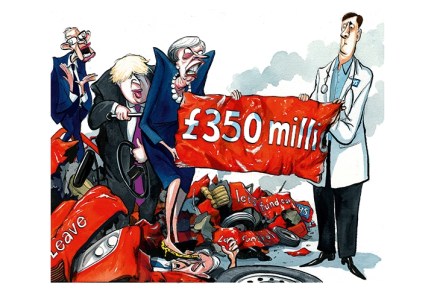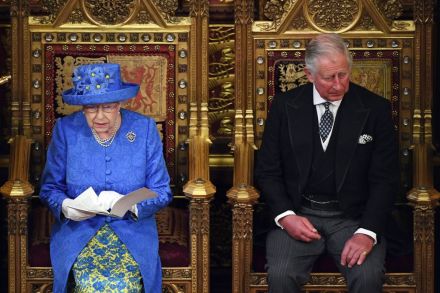Trade minister quits after loan threats
Trade minister Conor Burns has resigned from the government, after a parliamentary inquiry found that he had used his position as an MP to intimidate a member of the public in February 2019. In a statement announcing his resignation, the MP said it was ‘with deep regret I have decided to resign as Minister of State for International Trade.’ Adding that ‘Boris Johnson will continue to have my wholehearted support from the backbenches.’ According to the Committee on Standards, Burns used parliamentary stationery to contact a member of the public about a dispute over a loan with Burns’s father. In his letter, Burns implied that he could use parliamentary privilege




















